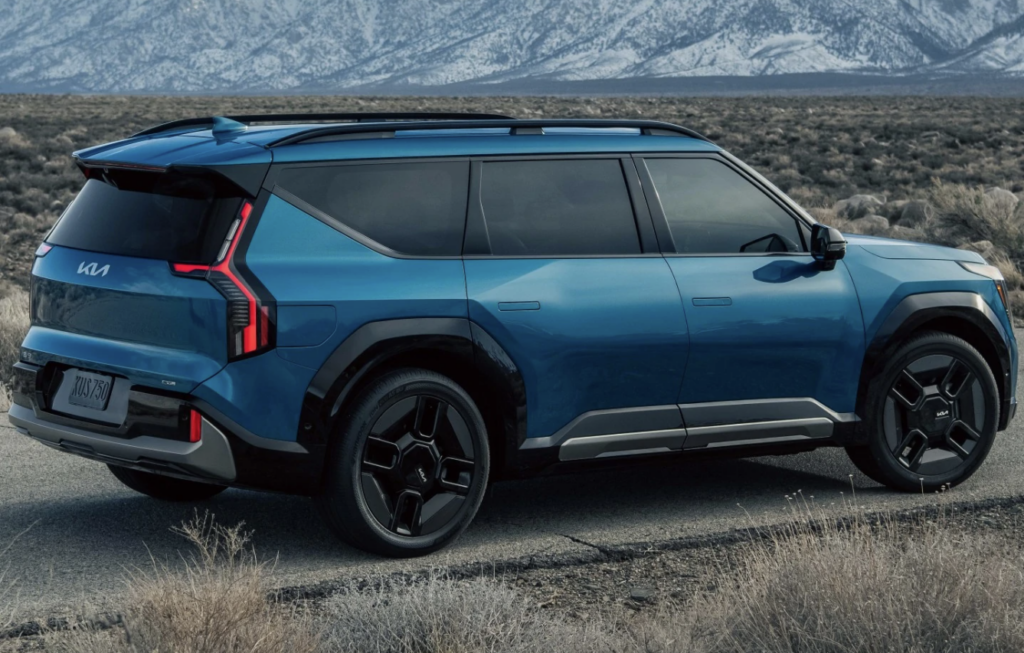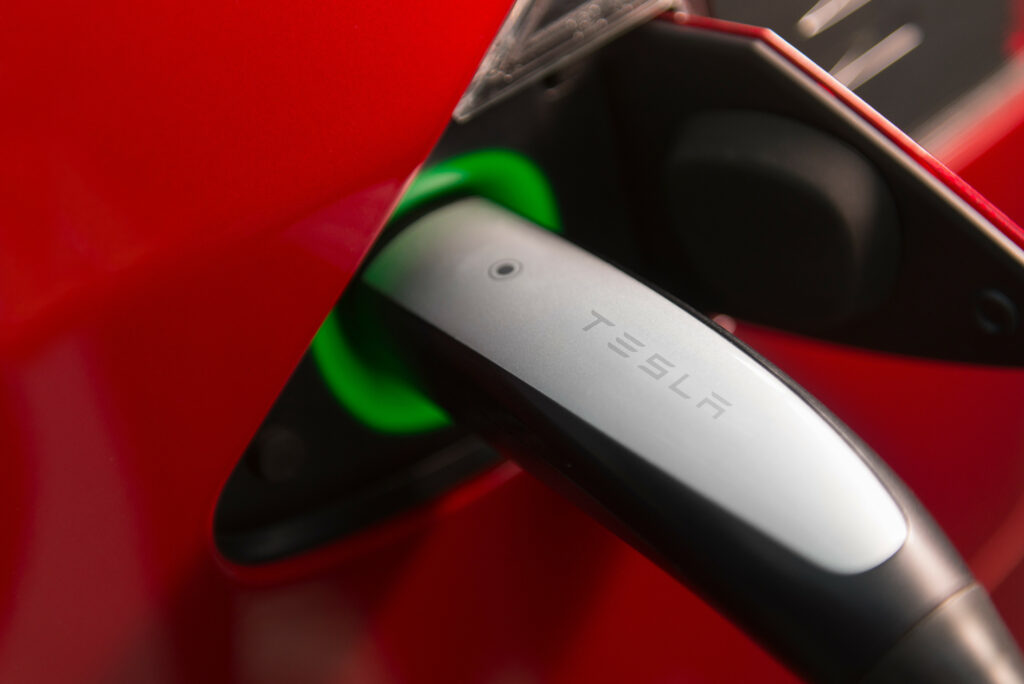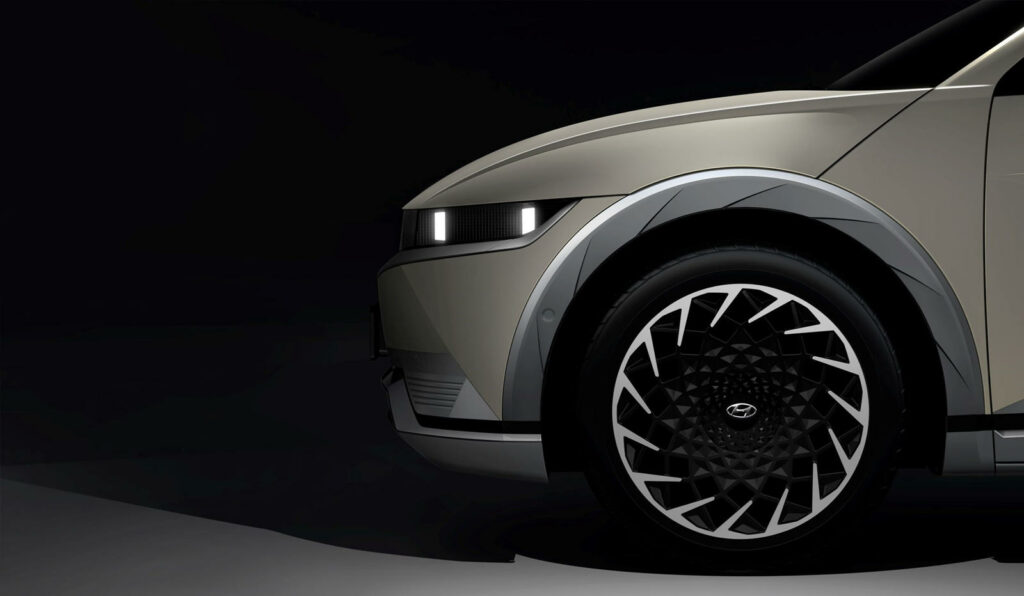
It’s smart to consider all aspects of electric vehicle ownership, from the dreadful to the remarkable. When doing your research, there are common themes that quickly become obvious. Everyone knows that EVs are still expensive, and have the benefit of zero tailpipe emissions, but what about the lesser-known pros and cons of EVs? Here’s what they don’t tell you about the electric lifestyle.
5 Pros of Driving an Electric Vehicle

Big Savings on Maintenance
It’s simple: fewer moving parts means fewer things to break. Consumer Reports found that EV drivers fork out only half of what traditional car owners do for repairs and maintenance. Over the vehicle’s lifespan, this equates to a whopping average savings of $4,600 compared to gas-powered counterparts. But be wary of potential battery replacement costs, especially out of warranty.
Fortunately, EV warranties are more generous for this very reason. See the best and worst EV warranties here.
Eliminate Your Tax Bill
The region you reside in and your tax status can determine if buying an EV can wipe out your annual income tax. Always research state and federal incentives before committing.
The federal EV tax credit was revised (or rather, completely re-done) in 2022 with the Inflation Reduction Act. Many models that previously qualified no longer do, and some, notably Tesla and GM, gained it back. The US Department of Energy has a vehicle lookup to show you exactly which EVs qualify today. You can access that here.
For some, state EV incentives will greatly reduce the overall cost of an electric car. The easiest way to find state and local incentives is North Carolina State University’s DSIRE resource and database.
Oh, The Solitude
Among the EV pros and cons, this one is severely overlooked! Electric vehicles are a haven of silence. If you transition from your typical Toyota, Honda or Ford to an EV, the stark contrast in noise levels will stun you. Studies have found that electric vehicles are a lot quieter than ICE cars at low speeds, but only slightly quieter at high speeds. Music enthusiasts and podcast fans, you won’t want to go back to gas after listening to your favorite tunes in an EV. Personally, it’s one of the things that makes any charging hassles I’ve ever encountered totally worth it.
Fuel Savings Add Up Quickly
Wave goodbye to the unpredictability of gas prices. Despite increasing electricity rates, charging an EV is still a bargain. For instance, a traditional car driver spending $3.50/gallon and covering 15,000 miles annually at 25 miles/gallon shells out $2,100. On the flip side, an EV driver getting 3.5 miles per kilowatt-hour (the EV version of MPG) and paying $0.15 per kWh would only spend $643 annually. Those who drive a lot will save on fuel sooner.
Also, with solar panels, you could potentially charge your EV for free!
HOV and Toll Lane Royalty
Many regions offer EV drivers unrestricted access to toll and HOV lanes, even if they’re riding solo. Some states also provide toll pass discounts for clean vehicles like EVs. Here are some of the states with HOV lane access for electric cars:
- Arizona
- California
- Florida
- Georgia
- Hawaii
- Maryland
- New Jersey
- New York
- Utah
Check the DSIRE database for local EV incentives near you.
5 Surprising Cons of EVs

Electric vehicles are notoriously expensive, even though the gap between ICE and EV prices is narrowing. Here’s the latest update on EV price trends. With the elephant in the room addressed, let’s talk about some lesser known downsides of driving an electric vehicle. When looking at EV pros and cons, it’s important to look at the entire ownership experience.
Charger Chaos
Non-Tesla chargers are notorious for reliability issues. A study by Cool the Earth, a nonprofit focused on reducing emissions, revealed that 23% of EV charges in the Bay Area of California don’t work. In contrast, Tesla’s Supercharger network had an impressive 98% uptime.
What’s worse is that the rate of successful charging sessions is even lower than reported. EV drivers like myself have experienced chargers malfunctioning after five to ten minutes of charging too many times to count. But as far as the charging company’s data collection goes, those count as ‘successful’ charging sessions. The point is that for non-Tesla drivers, charging stations are hit or miss.
It’s always best to check charging station updates and reviews on PlugShare before arriving.
Winter Ruins Efficiency
The seasons change, and so does your driving range. Cold weather hits EV range pretty hard. From Tesla to Ford and all the rest, temperatures below freezing reduce EV driving range anywhere from 15% to 30%. While it may not be a big deal for some, those who take frequent road trips in the cooler months will surely notice.
More electric models are including heat pumps and battery preconditioning as partial remedies, but it’s not a silver bullet fix.
Tires Get Expensive
Love slamming the pedal when the light turns green? Better start saving up for a tire fund! EVs are much heavier than their ICE counterparts. Add in the instant torque, and you get a recipe for burning through tires. Remember this: it depends on your driving habits. If you don’t drive like a crazy person, drifting around every corner, you can expect your tires to last between 5,000 and 10,000 miles less than you’re used to. My tires on my IONIQ 5 have lasted me 20,000 miles so far, and I admit to a bit of ‘fun driving’ here and there.
These are ‘zero emissions vehicles’ however, so it’s worth noting that burning through tires isn’t good for the environment. Particulate matter from worn tires, no matter the vehicle it comes from, can pollute both air and water.
EVs do not require different tires, but there are options out there that are engineered to maximize efficiency.
EVs & Apartments – A Complicated Relationship
It’s still a sad reality that in most areas, owning an EV and living in an apartment complex is not an easy thing to do. Fortunately this is changing in much of the United States, but apartment EV chargers can’t get here fast enough.
If you live in multi-family housing, simply ask yourself this question before you buy an EV: where will I charge my car at night?
Resale Rollercoaster
The resale value of EVs remains unpredictable. Rapid technological advancements and fluctuating prices by manufacturers can affect resale values drastically. Investing in an EV now might seem wise, but predicting its worth 5 years down the line, considering advancements in technology, remains a gamble.
Are Electric Vehicles Worth It?

For those keen on enjoying massive savings on fuel and maintenance while reducing their carbon footprint, an electric ride is great. But it’s important to remember: EVs aren’t a one-size-fits-all solution. EV pros and cons define the ownership experience, and should be carefully considered. Think about your lifestyle, driving habits, and living situation to decide if making the switch is right for you.
Looking for help with your next vehicle purchase? Our team of Car Coaches is ready to help you save more than you ever thought was possible. Learn more about buying with CarEdge.










0 Comments